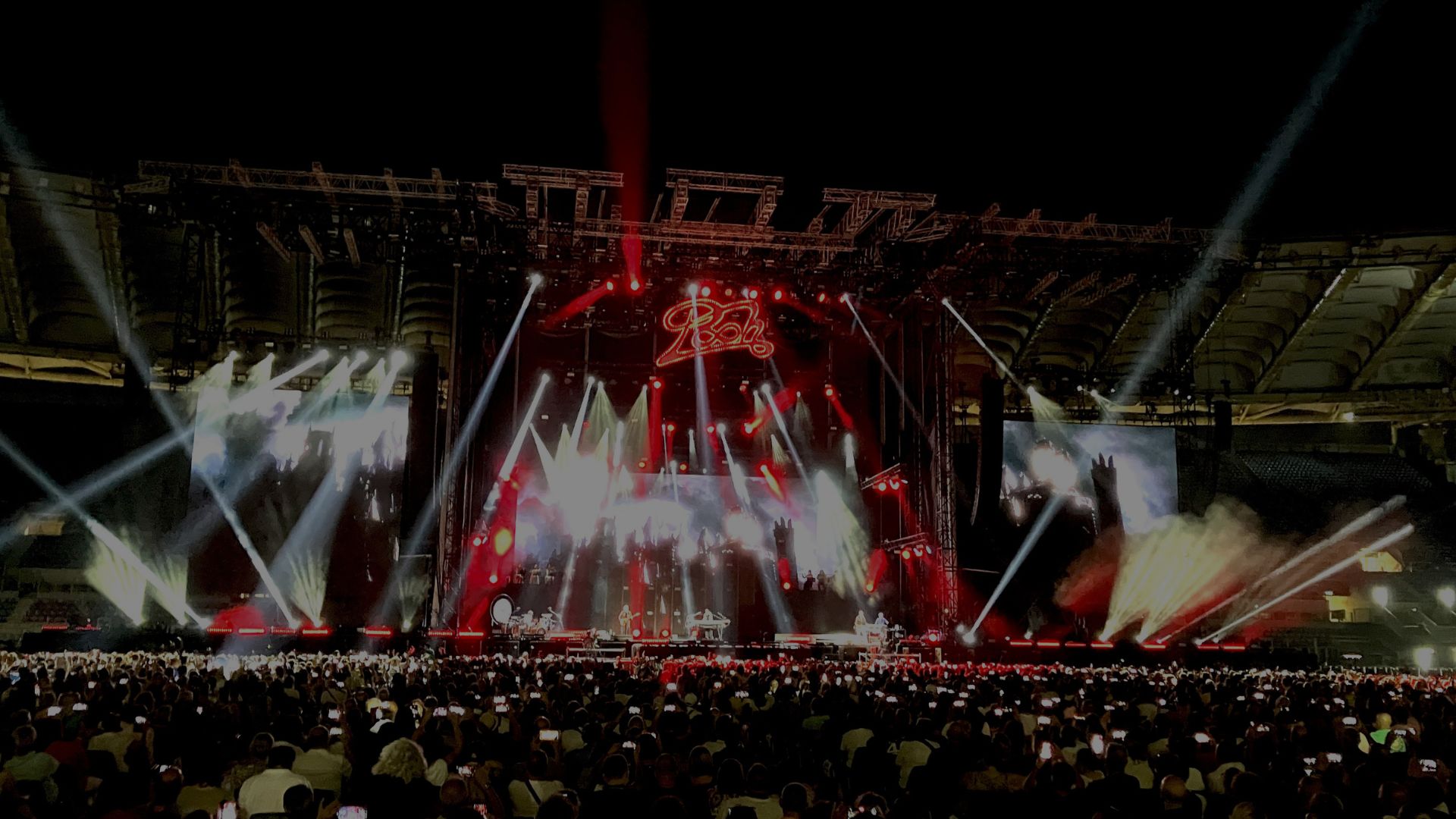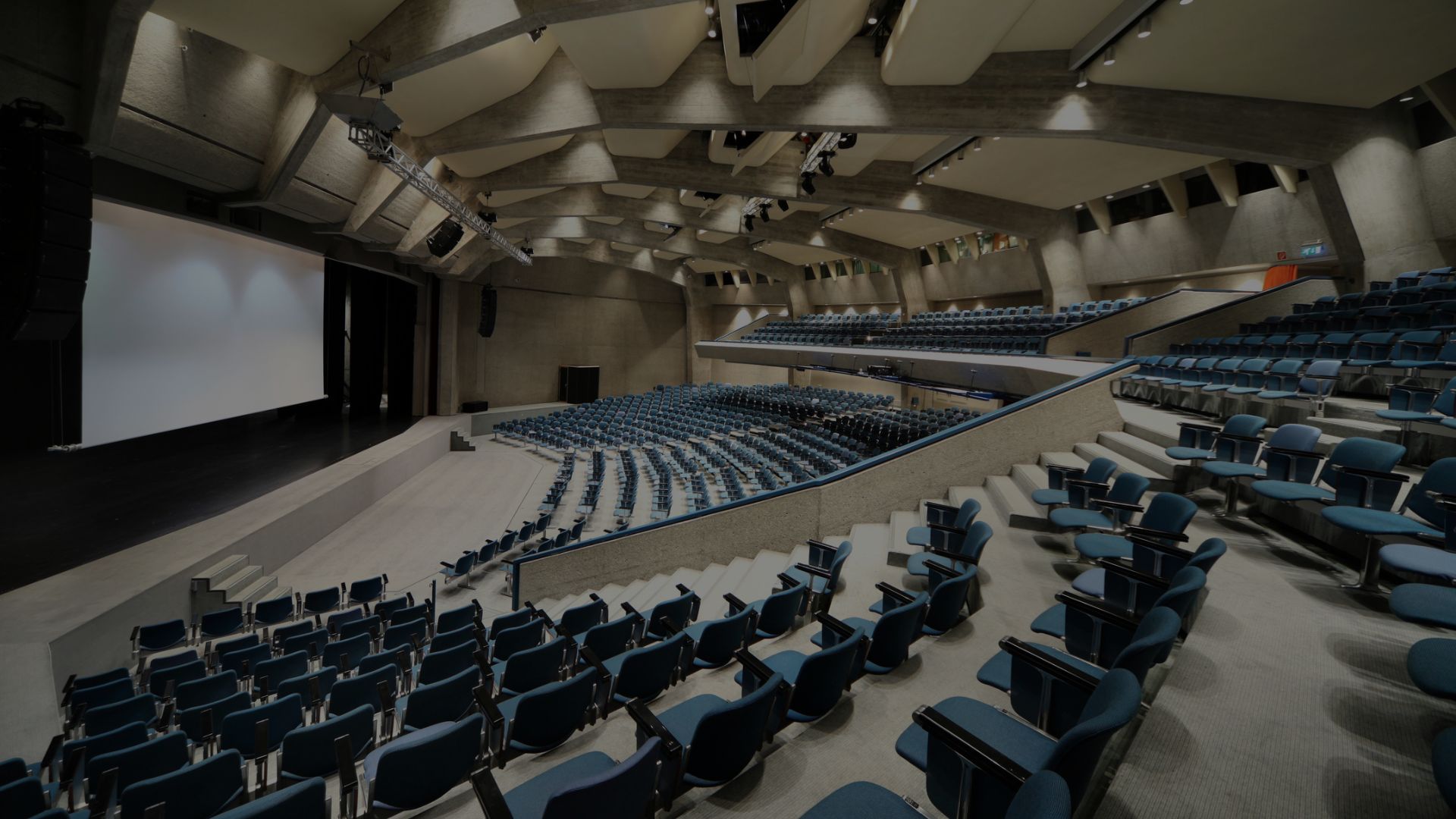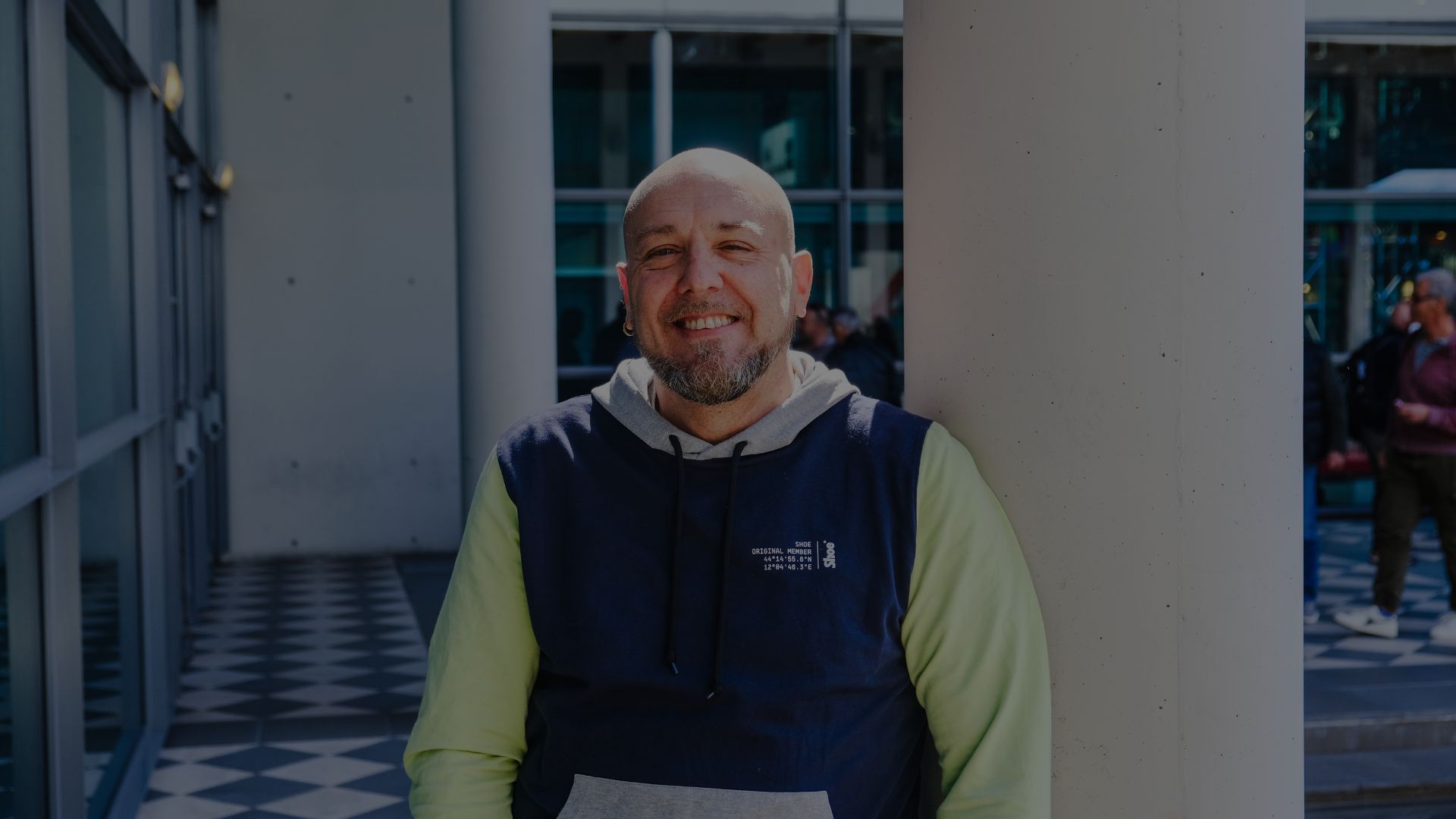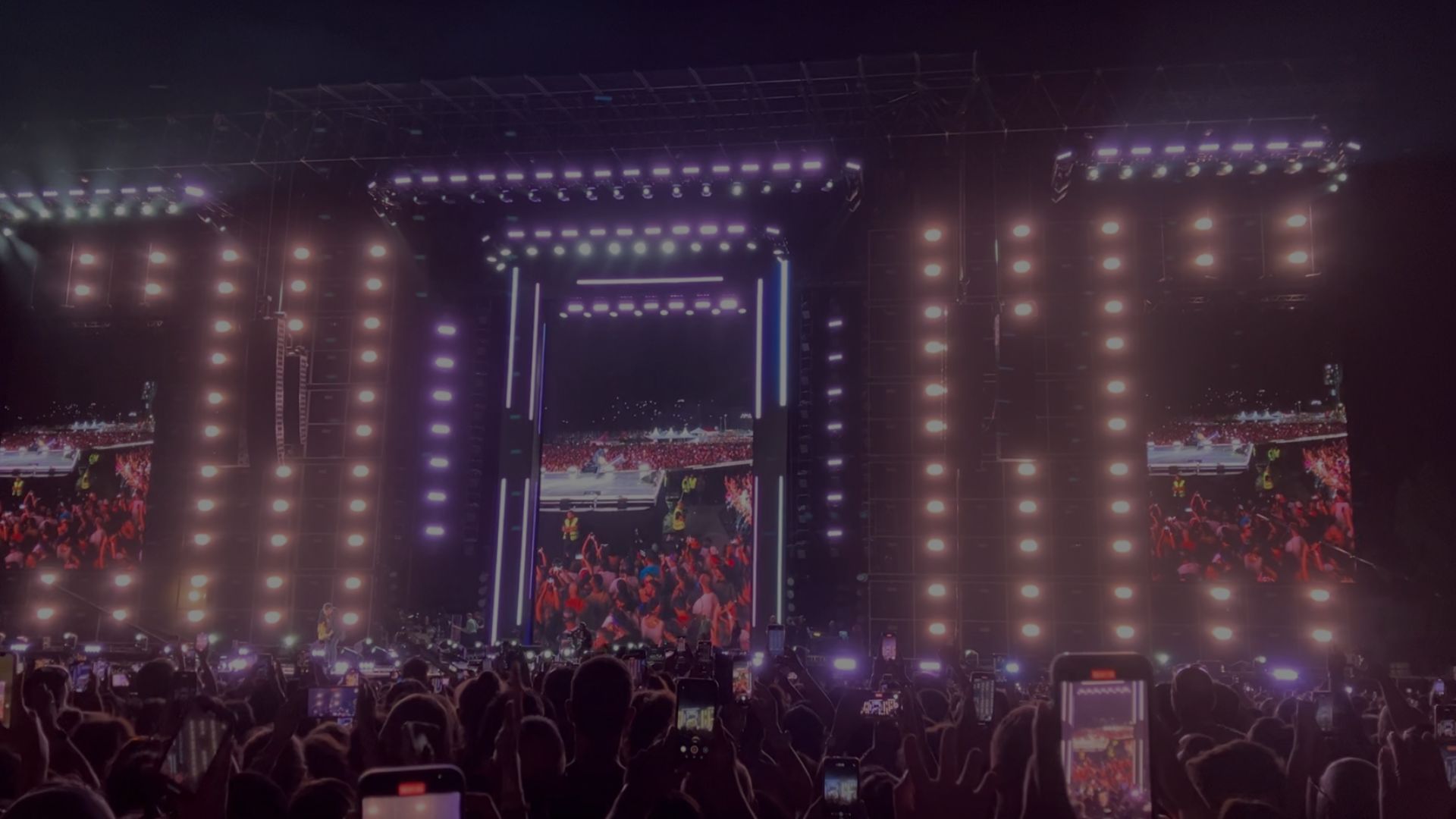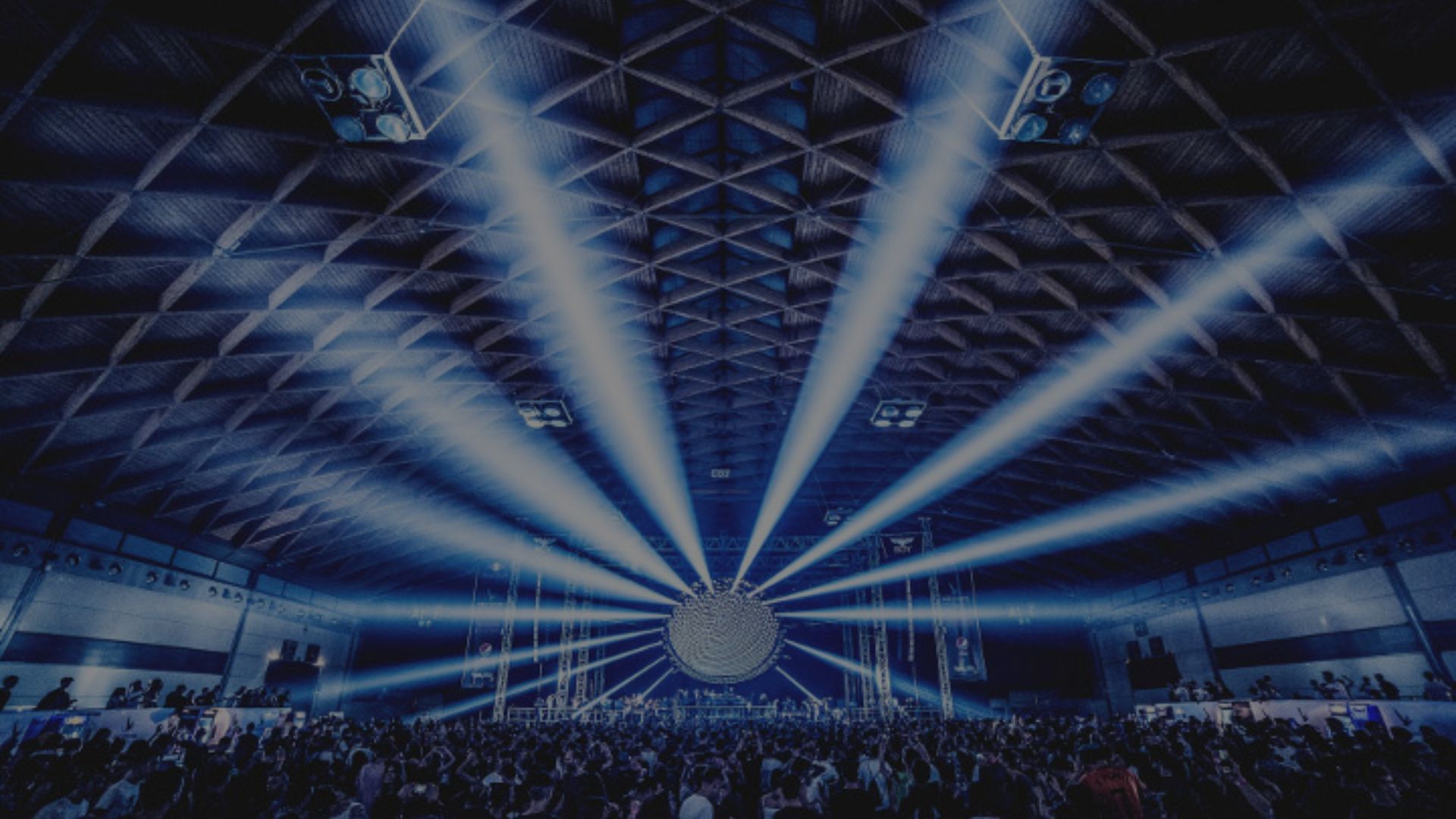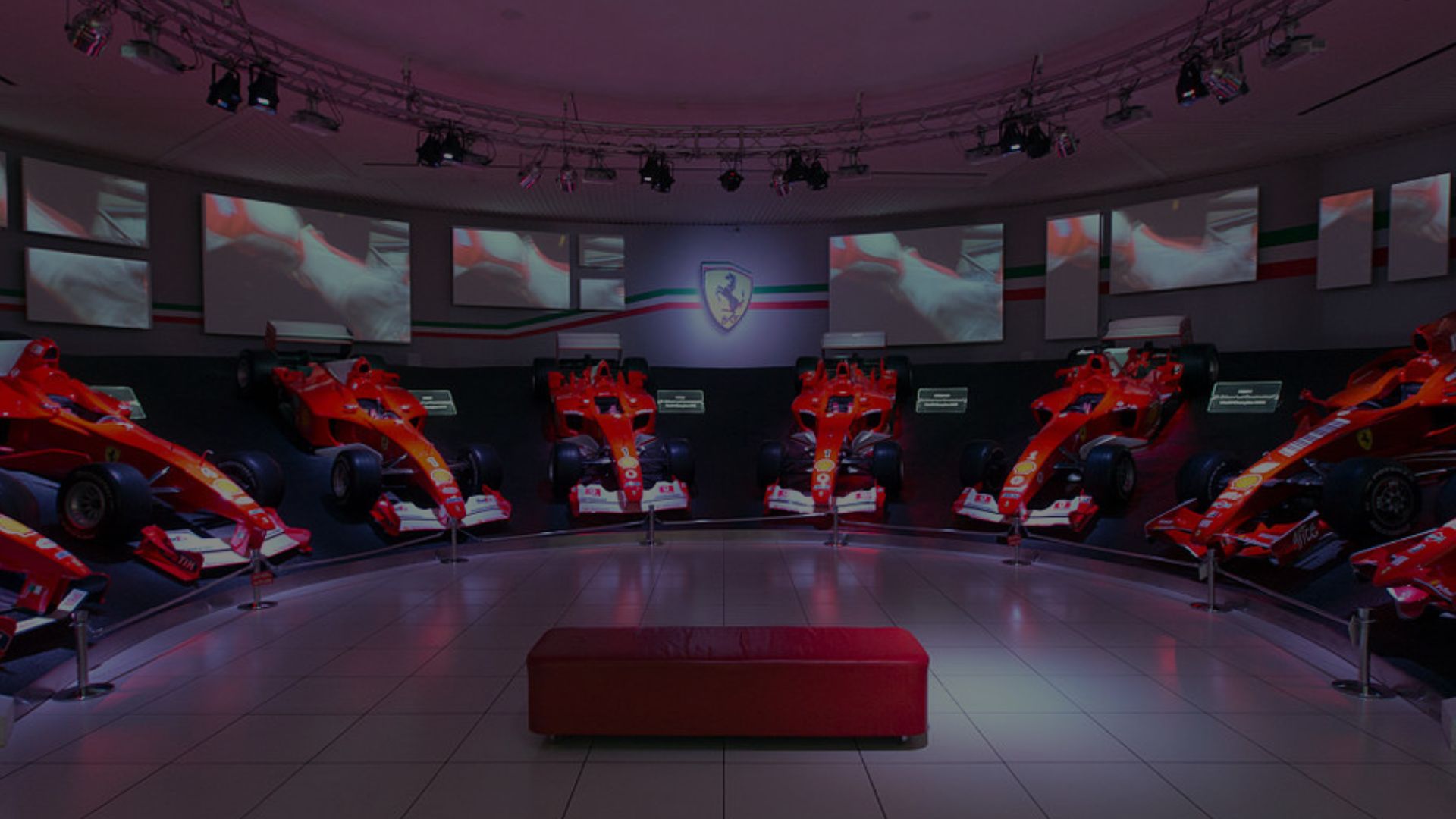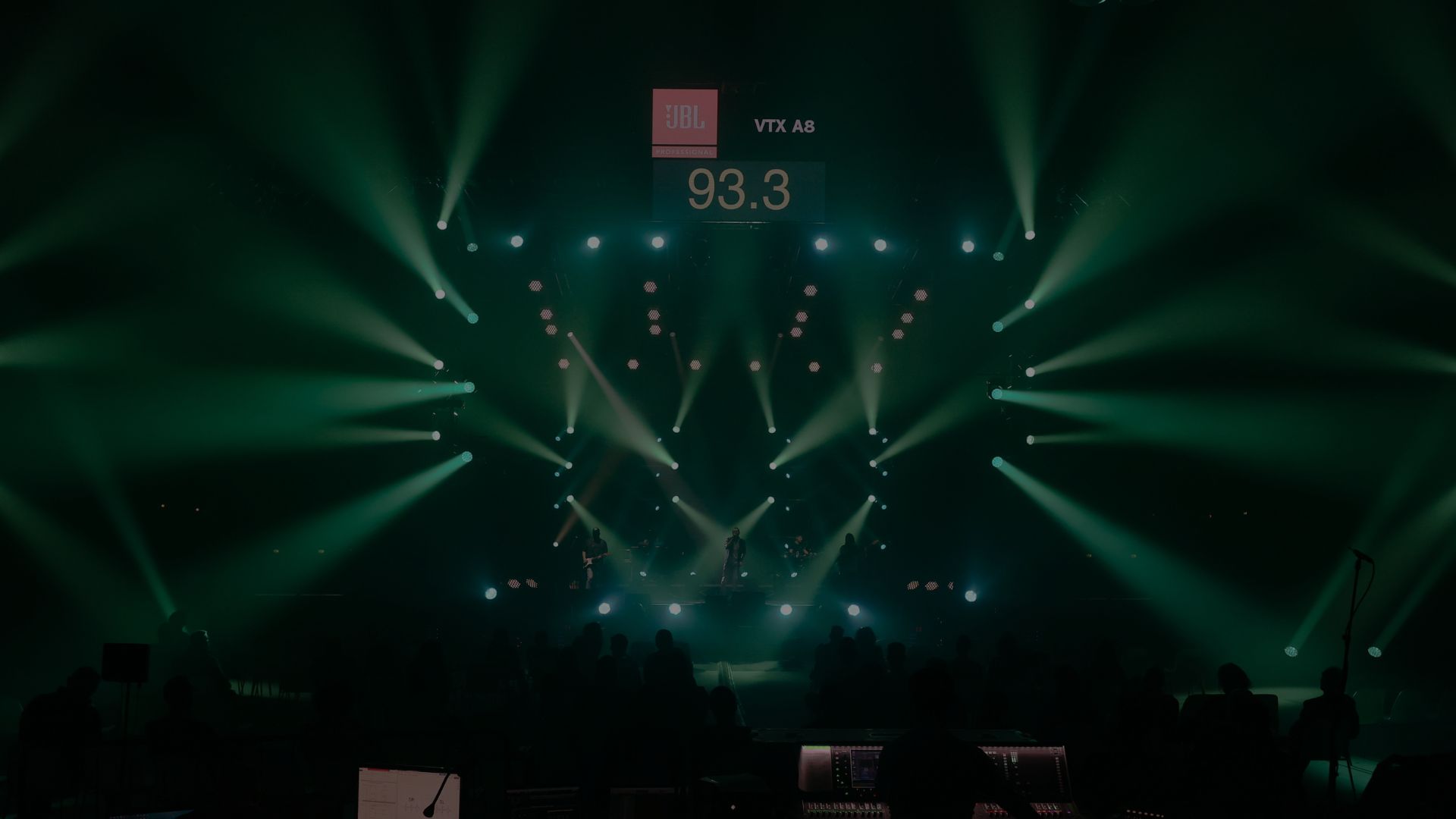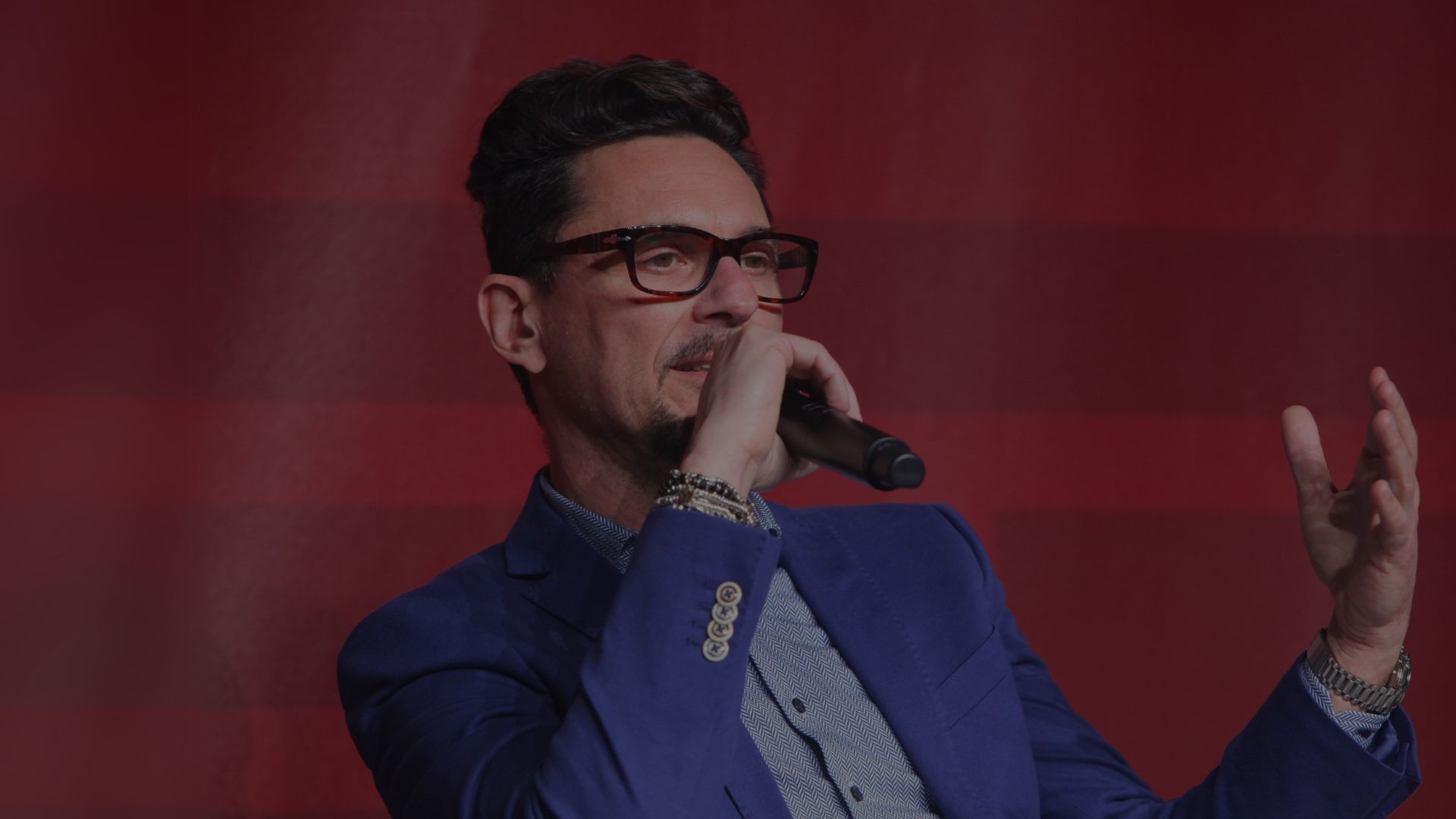The sound engineer is the professional behind the scenes who ensures impeccable audio quality. Their work spans many fields — from music and podcasts to film, video games, and even the subtle sounds you hear in a refrigerator or a car. Every recorded sound we hear involves the expertise of an audio engineer.
What is Audio Engineering?
Audio engineering can be defined as the art of recording, editing, and mixing audio, governed by clear and precise rules. While audio quality should be creative and artistic, it must also remain within specific parameters and guidelines to ensure a pleasant listening experience.
What Does a Sound Engineer Actually Do?
The sound engineer is a highly specialized professional who plays a crucial role whether working at a live music event or in a recording studio. A solid relationship with the artist is essential to help them perform at their best, interpret their needs, and set up the environment accordingly.
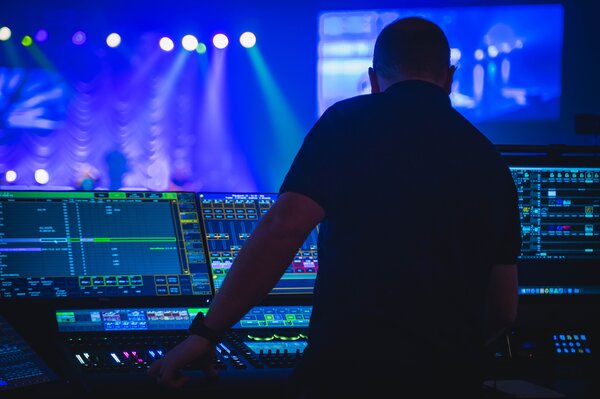
Sound Management During Live Events
At a live event, the sound engineer is the guardian of the audience’s listening experience. Their work starts well before the show, installing and configuring the audio equipment — including the strategic placement of speakers, microphones, and other gear — to ensure each component is optimized for maximum audio quality.
A key responsibility during a live show is real-time audio mixing. This means balancing the sound levels of each instrument and voice so the audience hears every detail clearly, without overlaps or distortion. Managing reverbs and effects adds further complexity, requiring deep knowledge of the equipment and artistic sensitivity to adapt to the artist’s style.
The sound engineer must also be ready to troubleshoot any technical issues that arise during the performance — from replacing a faulty microphone to managing electronic interference, quick problem-solving skills are essential to keep the show running smoothly.
Critical Studio Role: Recording & Mixing
In the recording studio, the sound engineer plays an equally vital role, focusing on capturing the best possible performance. This involves understanding vocal and instrumental dynamics, and mastery of recording equipment.
For example, the choice and placement of microphones can greatly affect the quality and tone of the recording. After recording, the engineer handles the mixing process, adjusting track levels, applying effects, equalization, and panning. Mixing is an art form in itself, requiring a trained ear to balance all elements harmoniously and create a final track that reflects the artist’s vision.
How to Become a Sound Engineer
Breaking into the world of sound engineering takes a mix of formal education, hands-on experience, and dedication. Many sound engineers begin with academic training through specialized schools or university programs in audio and music production.
However, most learning happens on the job. Aspiring engineers should seek out internships, collaborate with local bands, or work on independent projects to apply what they’ve learned in real-world settings.
Developing a musical ear is essential — recognizing subtle sonic nuances and understanding how musical elements interact is a skill honed through constant practice.
Networking is another key aspect of entering the industry. Attending events, conferences, and meetups with other professionals opens doors for connection, mentorship, and potential job opportunities.
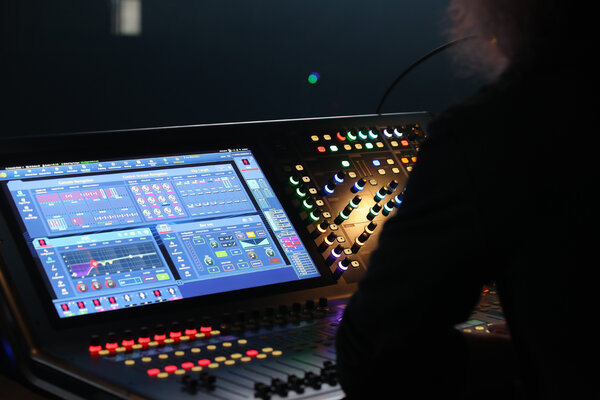
Technologies Every Sound Engineer Should Know
Another vital aspect of success is mastering audio equipment. Today, most audio is recorded, edited, and mixed in the digital domain, so proficiency with computers is essential.
Depending on the type of recording, knowledge of different microphones is important — dynamic, condenser, or ribbon — along with familiarity with mixers, signal processors, audio interfaces, headphones, and other tools of the trade.
Using cutting-edge software and exploring new techniques is crucial to remain relevant in this ever-evolving field.
Renowned Italian Sound Engineers
Italy boasts a rich musical heritage, and several Italian sound engineers have made significant contributions to it:
-
Alex Trecarichi, producer and sound engineer known for working with Max Pezzali, Fedez, Cassius, Kanye West, and more.
-
Andrea Corsellini, legendary sound engineer for Vasco Rossi.
-
Marco Monforte, audio director for Cesare Cremonini and Tiziano Ferro.
The sound engineer is truly a craftsman of sound, playing a vital role in both the fleeting moments of live concerts and the lasting productions of studio recordings. Becoming a sound engineer takes dedication, continuous learning, and a deep passion for the art of sound.
Advice for Aspiring Sound Engineers?
We asked Alex Trecarichi for his thoughts during the 2023 edition of MIR. 🎥 Watch the video: https://www.youtube.com/watch?v=SqPFIqGCLoQ
PUBLICATION
19/01/2024
professioni

